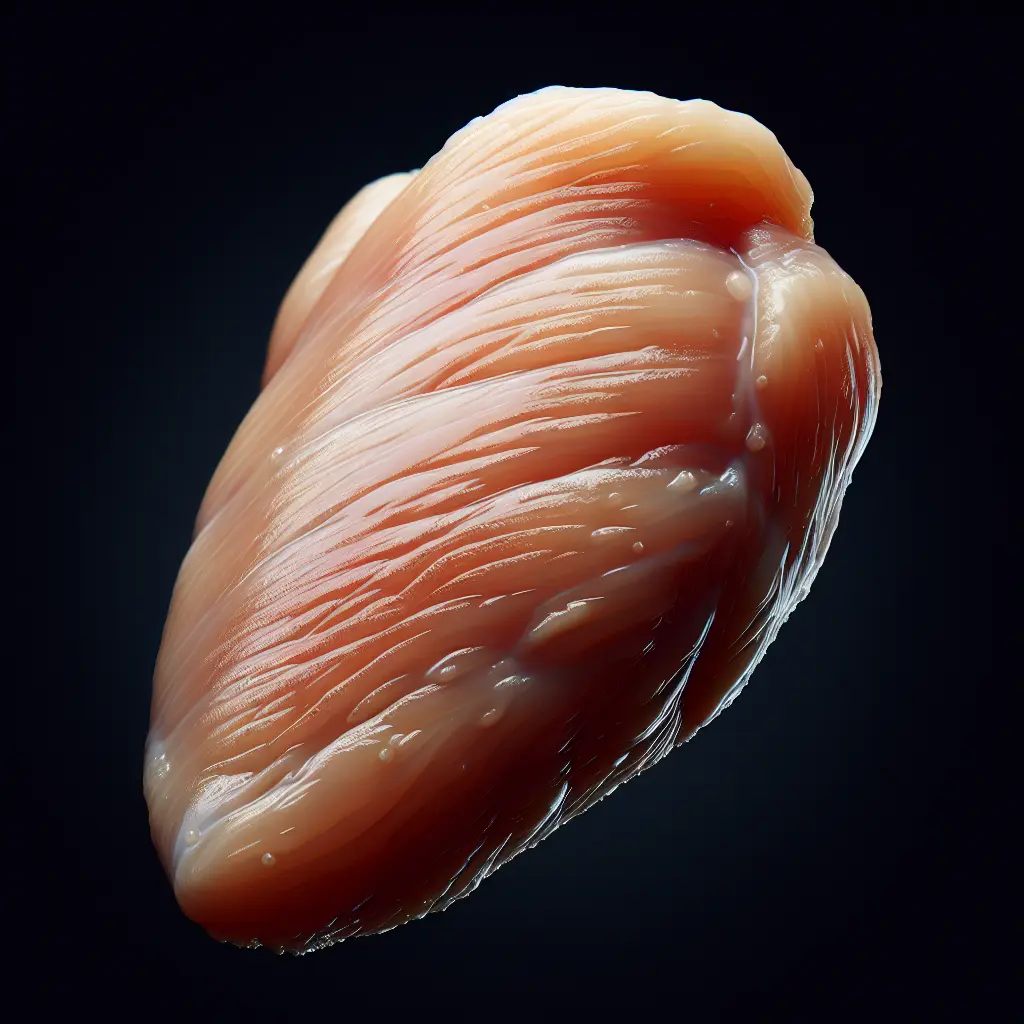Boneless Chicken Breast: A Nutritional Powerhouse
Boneless chicken breast is a versatile and nutritious cut of meat that offers a wide range of health benefits. It is an excellent source of protein, with one 4-ounce serving providing 37 grams. Protein is essential for building and repairing tissues, producing enzymes and hormones, and transporting oxygen and nutrients throughout the body.
In addition to its high protein content, boneless chicken breast is also a good source of several vitamins and minerals, including niacin, vitamin B6, selenium, and phosphorus. Niacin is important for energy production, while vitamin B6 is involved in numerous bodily functions, including metabolism and immune system health. Selenium is a powerful antioxidant that protects cells from damage, and phosphorus is essential for strong bones and teeth.
Versatility in the Kitchen
One of the great things about boneless chicken breast is its versatility. It can be cooked in a variety of ways, making it a great option for any meal. It can be grilled, roasted, baked, pan-fried, or even microwaved. This makes it easy to incorporate into a variety of dishes, from salads and sandwiches to stir-fries and casseroles.
Health Benefits of Boneless Chicken Breast
Consuming boneless chicken breast regularly can provide a number of health benefits. Its high protein content can help promote weight loss and muscle building. Protein is satiating, which means it helps you feel full and satisfied after eating, leading to reduced calorie intake. Additionally, protein is essential for repairing and building muscle tissue, which is important for both strength and mobility.
The vitamins and minerals found in boneless chicken breast also contribute to its health benefits. Niacin helps convert food into energy, while vitamin B6 is involved in immune system function and red blood cell production. Selenium is a powerful antioxidant that protects cells from damage, and phosphorus is essential for strong bones and teeth.
Dietary Considerations
Boneless chicken breast is a lean and healthy protein source that can be enjoyed by most people. However, there are a few dietary considerations to keep in mind.
-
Allergies: Some people may be allergic to chicken or other poultry products. If you experience any symptoms of an allergic reaction, such as hives, swelling, or difficulty breathing, seek medical attention immediately.
-
Sodium: Boneless chicken breast can be high in sodium, especially if it is processed or pre-seasoned. If you are on a low-sodium diet, be sure to check the nutrition label before eating boneless chicken breast.
Conclusion
Boneless chicken breast is a nutritious and versatile protein source that can be enjoyed as part of a healthy diet. It is low in calories, fat, and carbohydrates, while being high in protein and several essential vitamins and minerals. Whether you are looking to lose weight, build muscle, or simply improve your overall health, boneless chicken breast is a great option.
How many calories are in Boneless Chicken Breast?
Each 1 breast of Boneless Chicken Breast contains 198 calories.
Boneless Chicken Breast Nutritional Information
| Nutrient | Amount per 1 breast (120g) |
|---|---|
| Calories | 198 Calories |
| Protein | 37g |
| Fat | 4.3g |
| Saturated Fat | 1.2g |
| Cholesterol | 0.102mg |
| Carbohydrates | 0g |
| Dietary Fiber | 0g |
| Sugar | 0g |
| Sodium | 0.089mg |
| Potassium | 0.3072mg |
| Calcium | 0.018mg |
| Iron | 0.0012mg |
